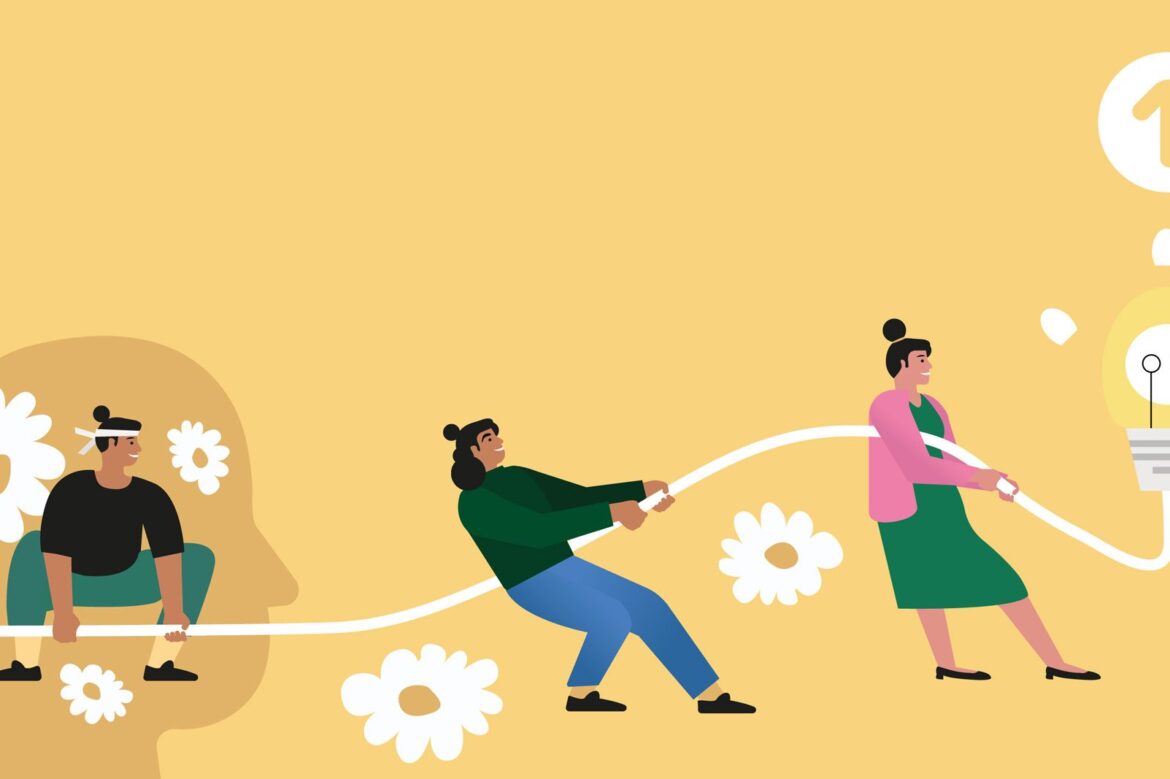
What is kaizen? Discover the Japanese philosophy for positive change
Whether you want to kickstart your personal development, boost your
self-awareness, or are just interested in seeing things from a new perspective, the Japanese business philosophy ‘kaizen’ could be just what you’re looking for.
If you’re anything like me, the pace of life sometimes feels like it’s just getting faster and faster. Days often seem like they’re filled with relentless demands, and things to do. Being busy can be such a huge distraction that it’s easy to lose sight of what we really want from life, which can leave us feeling restless and unfulfilled. Luckily, there’s never been a better time to shake things up and try something new.
The Japanese business philosophy ‘kaizen’ started life in the 1950s as a way to help make companies run more smoothly, but people are now using the same approach to transform their lives. When applied in a business setting, kaizen aims to make the working environment more efficient and effective by continuously reviewing how things are done, and methodically making changes. This is said to create a better atmosphere, stronger team spirit, and improve productivity which, in turn, leaves employees feeling more engaged and fulfilled – and sometimes even less tired!
There’s much more to kaizen than improving job satisfaction, though. Kaizen – which means “change for the better” in Japanese – represents a powerful internal process. Apply kaizen to your life and change becomes easier, you feel more motivated, and better at tuning-in to your true potential.
So what is kaizen?
Put simply, this approach is based on the belief that making positive, gradual changes will lead to significant results. Kaizen combines two Japanese terms: kai (good) and zen (change). Incorporating ‘good change’ into our everyday lives, by introducing small but consistent improvements, can have a big impact over time.
Kaizen isn’t a quick-fix approach to self-care and development – it’s a slower, more mindful practice, which makes it easier to apply. After all, changing things gradually is much more achievable than trying to change everything overnight.
For instance, cleaning your teeth twice a day probably doesn’t feel like a life-changing habit, but if you didn’t do it you could be opening yourself up to all sorts of health problems. So over time, a relatively small habit actually has a huge influence on your overall wellbeing. Applying the kaizen approach works in the same way, helping us make big changes in our lives by taking small steps every day.
Harness your inner kaizen
The kaizen mindset is based around continuously moving in the right direction, rather than reaching a destination. We can use kaizen to achieve goals, but the overall concept is that we never stop improving. Our personal growth is a continuous process, and kaizen helps remind us that we’re all a work-in-progress. Plus, mindfully setting ourselves goals enhances our self-awareness and helps us live in the present.
The first step in harnessing your inner kaizen is to start living with intention. To do this you need to connect with the person you want to become. Once you identify what’s most important to you, setting goals that really matter is much easier. So your kaizen journey starts by reflecting on what’s working for you.
Next, begin by identifying small changes you can make. Bear in mind you don’t have to have all of the answers right now, you just need to feel like you’re moving in the right direction. Kaizen is all about gradual adjustments, so start small and see where it takes you.
As you focus on the improvements you’d like to make, try to let go of assumptions, and be proactive and flexible about changing. Practising kaizen is a great way to remember you’re in control of your life. This mindset incorporates the belief that
there’s a solution to every problem. So think creatively and remember to think small – slowly does it is the kaizen way.
However life’s treating you at the moment, incorporating kaizen is a great way to highlight the good stuff, and remind us we don’t have to accept the status quo.
